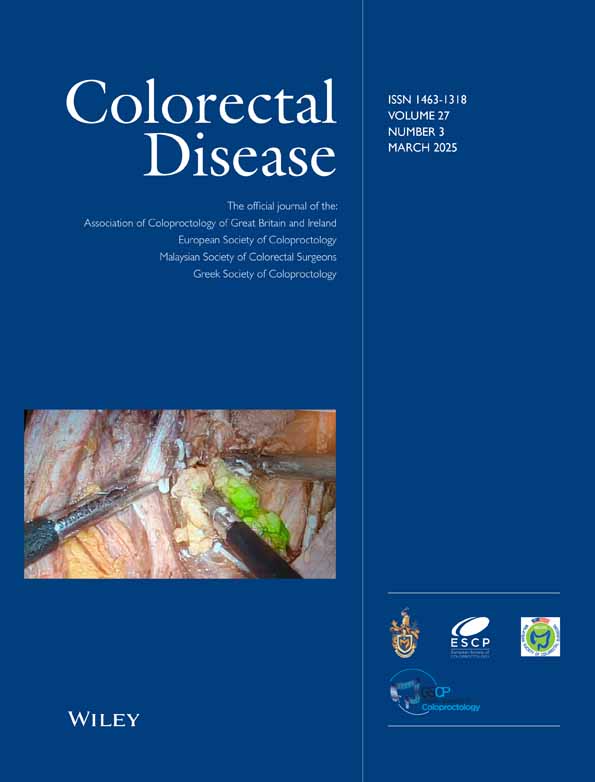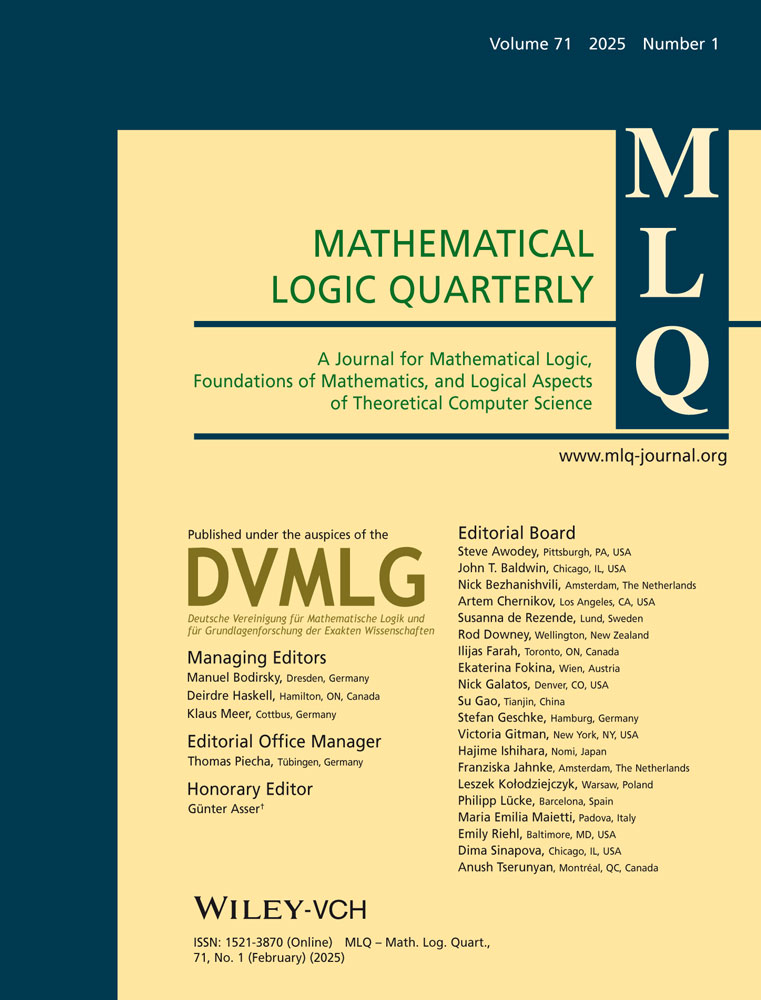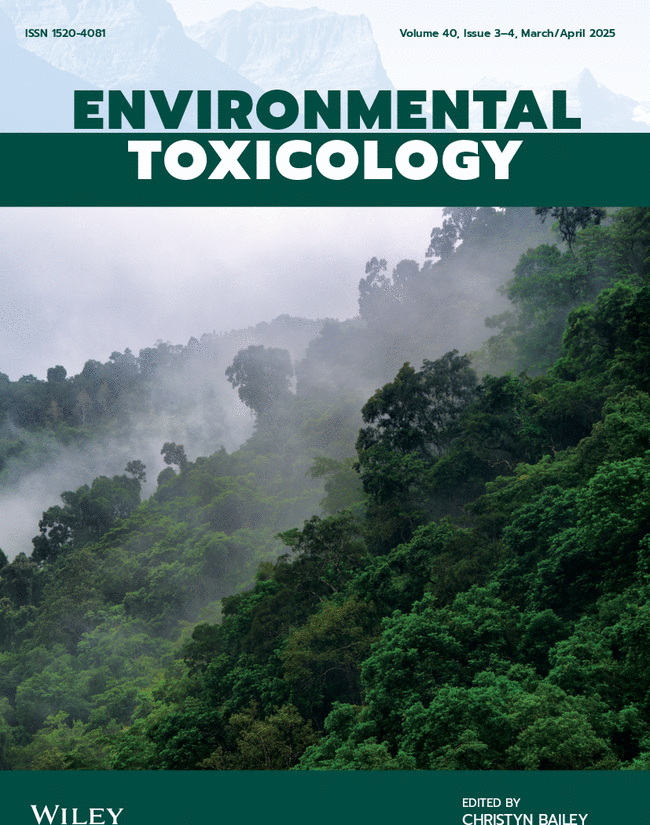A university and a publisher are teaming up to combat paper mills in a unique way: By enlisting a Ph.D. candidate.
In April, the Centre for Science and Technology Studies (CWTS) at Leiden University in the Netherlands announced it would be collaborating with Wiley to establish a four-year research position focused on paper mills.
“Of course one Ph.D. will not fix the problem,” said Cyril Labbé of Grenoble Alpes University in France, whose lab hosted a Ph.D. student in 2014 to detect computer-generated manuscripts. “But going this way is far more constructive than resorting to empty rhetoric and wooden language, as some publishers tend to do.”
Continue reading A Ph.D. in paper mills?








